pollution of water sources
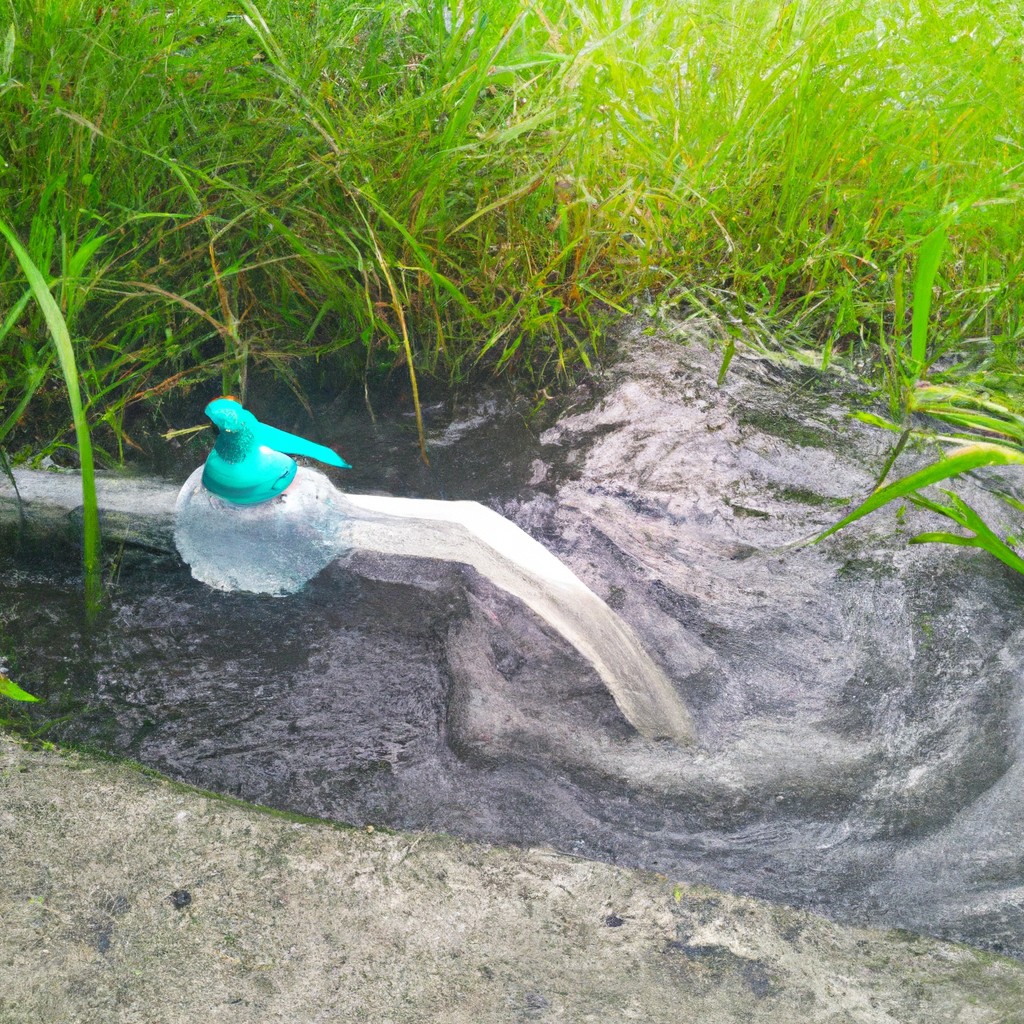
Water pollution poses a grave threat to our planet's water sources, harming aquatic life and ecosystems. Substance runoff from factories and agriculture, as well as littering, contaminates rivers, lakes, and oceans. These pollutants endanger human health and wildlife, disrupting the delicate balance of nature. The impact of polluted water sources reaches far beyond environmental degradation, affecting communities that rely on these waters for drinking and sanitation. Urgent action is crucial to prevent irreversible damage and safeguard our precious water resources for future generations. Collaboration among governments, industries, and individuals is essential in combating this pressing issue.
Read more
Noise pollution

Noise pollution is a modern-day environmental menace that affects billions of people worldwide. The incessant sound of traffic, construction, and industrial activities invades our daily lives, disrupting our peace and well-being. The constant hum of machinery and loud music infiltrates our homes, workplaces, and recreational spaces, leading to stress, anxiety, and sleep disturbances. The detrimental effects of noise pollution on human health are well-documented, including hearing loss, cardiovascular problems, and impaired cognitive function. Beyond its impacts on individuals, noise pollution also harms wildlife, disrupting their habitats and communication. Addressing this issue requires collective efforts to establish quieter and more sustainable living environments.
Read more
Water pollution
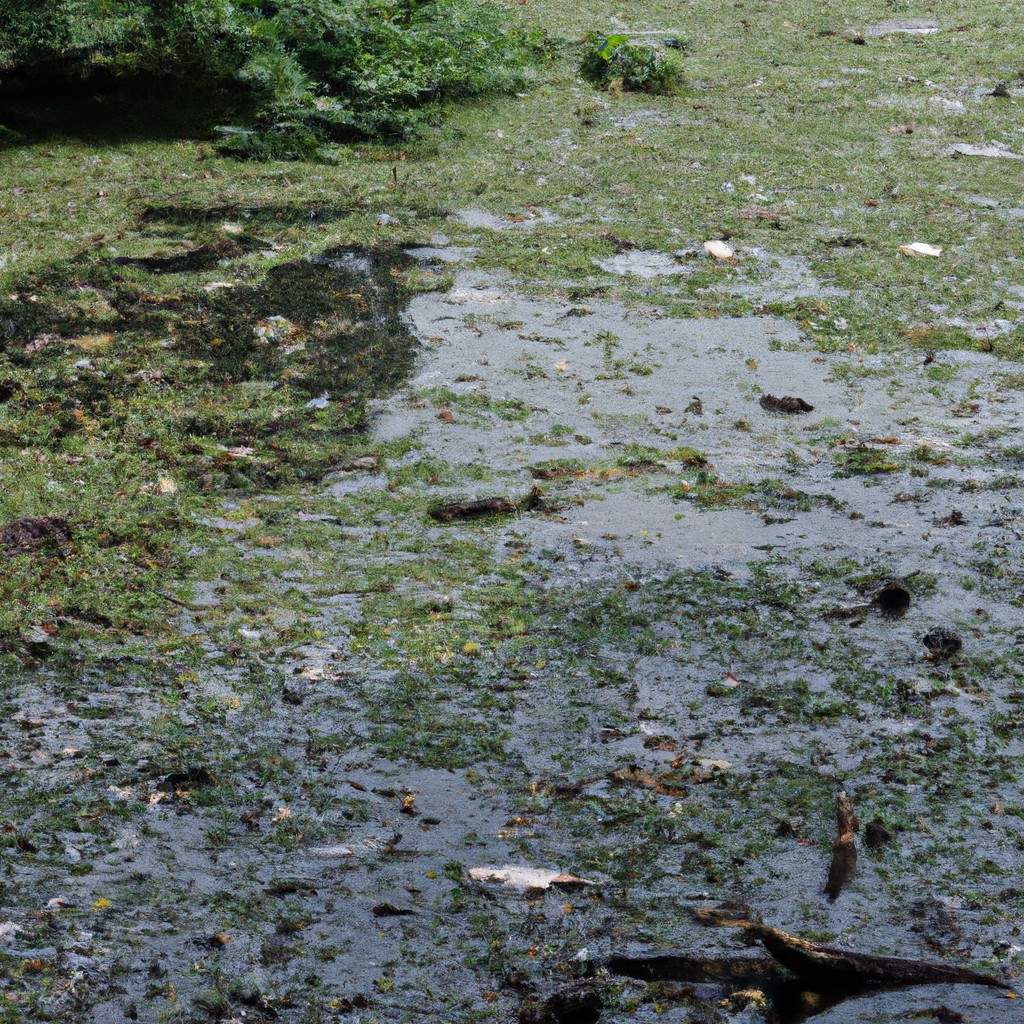
Water pollution is a grave concern threatening aquatic ecosystems globally. Driven by human activities, contamination of water bodies results from industrial waste, agricultural runoff, and improper disposal of plastics. These pollutants degrade water quality, impacting marine life and endangering human health. Oil spills suffocate marine organisms, plastic waste entangles wildlife, and chemical runoff disrupts delicate ecosystems. The repercussions of water pollution are far-reaching, with diminished biodiversity and compromised drinking water sources. Urgent actions, such as proper waste management and stricter environmental regulations, are vital to mitigating the damaging effects of water pollution and safeguarding the future of our precious water resources.
Read more
Land pollution
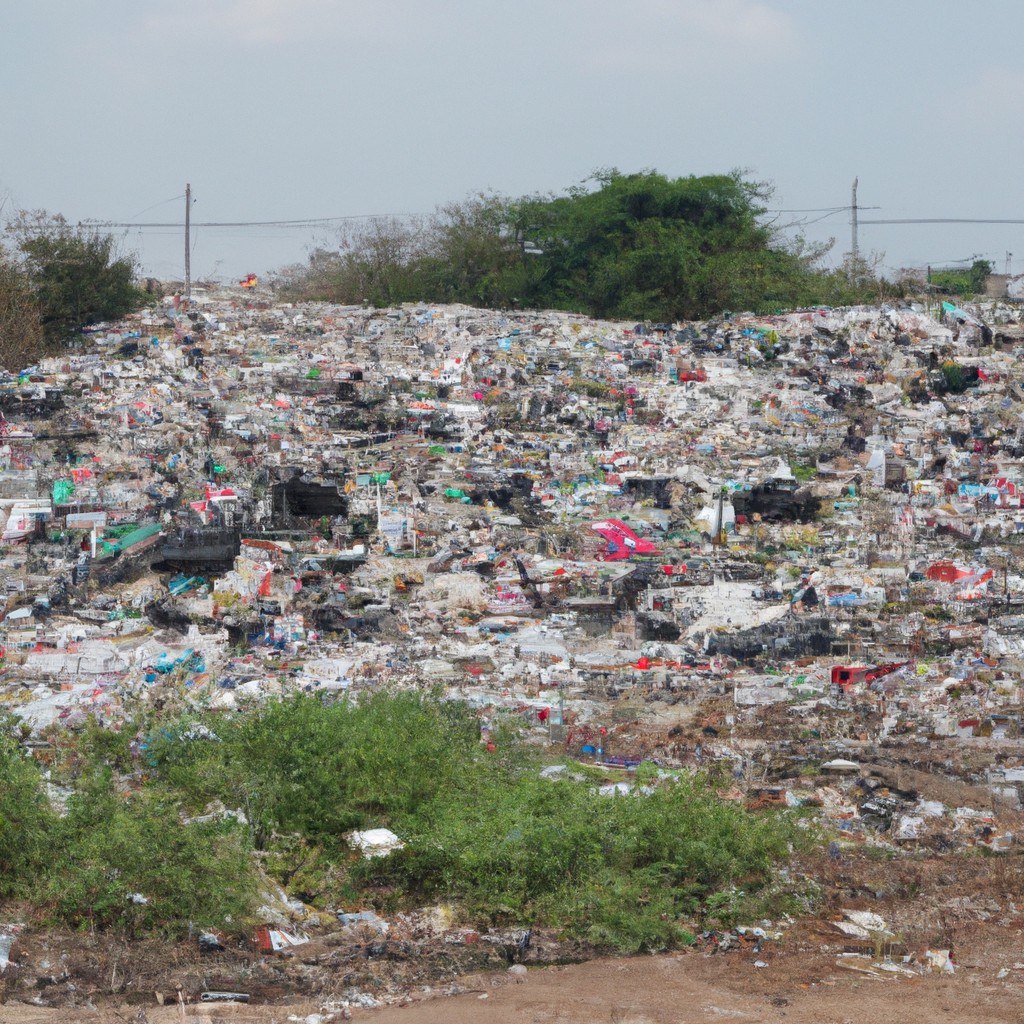
Land pollution is a significant environmental issue caused by human activities like littering and industrial waste. It harms ecosystems, pollutes water sources, and threatens public health. Plastics, chemicals, and heavy metals contaminate soil, impacting plant growth and wildlife. The visual impact of garbage and debris strewn across landscapes is both unsightly and heartbreaking. We must take action to reduce, reuse, and recycle to combat this growing problem. Education and community involvement are essential to raising awareness and promoting sustainable practices. Protecting our land from pollution is crucial for the well-being of current and future generations. Let's work together to preserve our precious land.
Read more
Industrial pollution
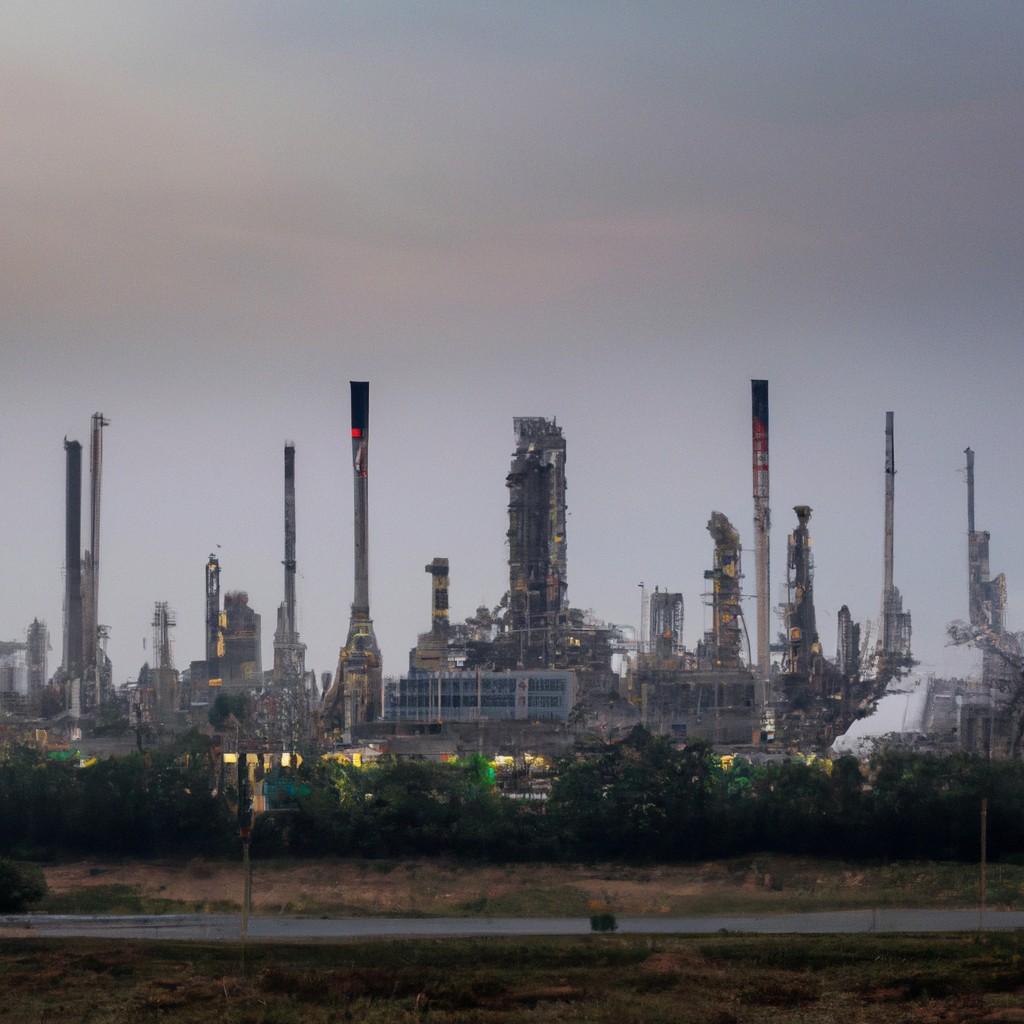
Industrial pollution is a grave issue that plagues our environment, poisoning air, water, and land. The relentless emissions from factories and plants release toxic chemicals into the atmosphere, creating a hazardous cocktail that affects both nature and human health. The sight of smog-choked skies and contaminated waterways is a distressing reminder of the destructive impact of industrial operations. Wildlife suffers as habitats are destroyed, and ecosystems are disrupted, leading to a chain reaction of environmental degradation. The urgency to address this crisis is paramount, as the long-term consequences of industrial pollution threaten the very foundation of our planet's well-being.
Read more
Air pollution

Air pollution is a serious problem that affects people worldwide, causing various health issues. It is primarily caused by human activities such as vehicle emissions, industrial processes, and burning fossil fuels. These pollutants can lead to respiratory problems, heart diseases, and even premature death. The impact of air pollution is not just limited to human health but also extends to the environment, harming plant life, animals, and ecosystems. Governments and individuals must take action to reduce air pollution by implementing stricter regulations, promoting cleaner technologies, and encouraging sustainable practices. Only through collective effort can we combat this pressing issue and create a healthier world for future generations.
Read more
Water pollution: sources and impact
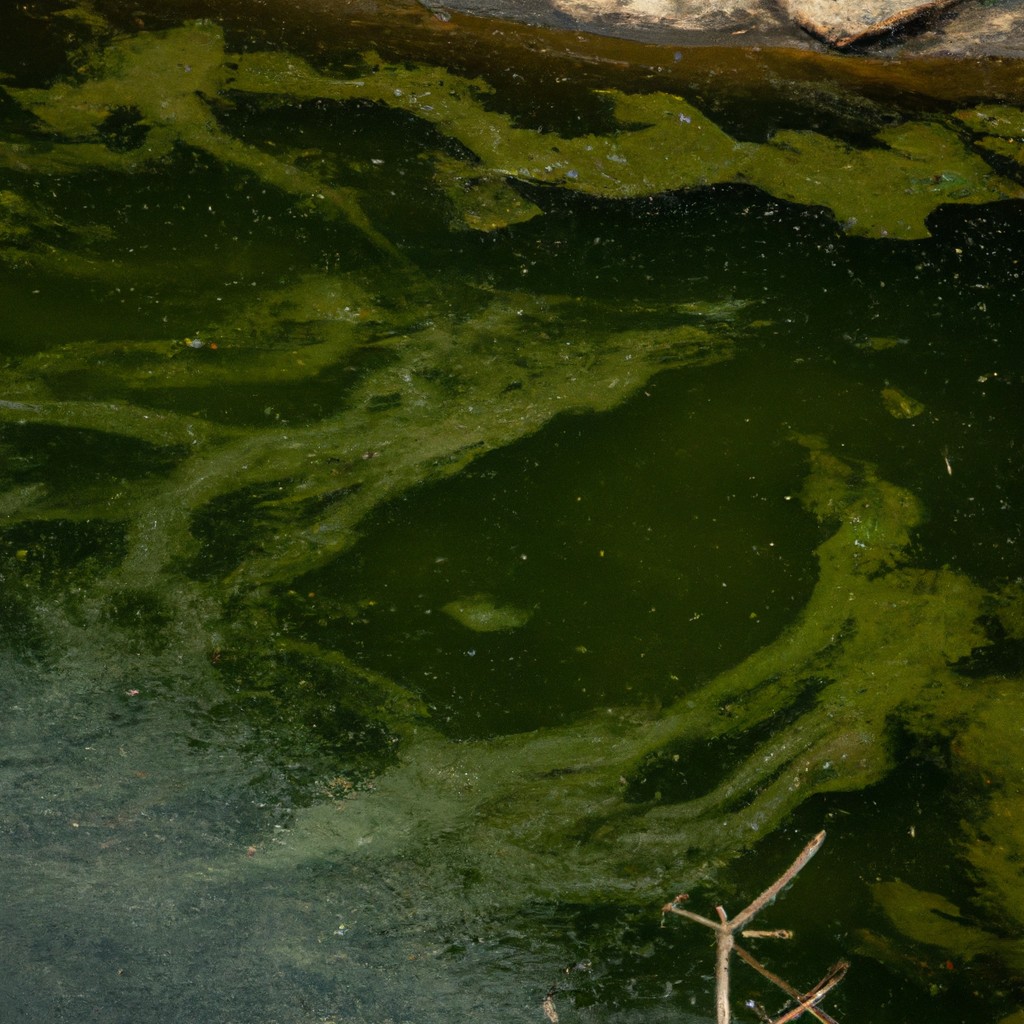
Water pollution is mainly caused by industrial waste, agricultural runoff, and untreated sewage discharges. These pollutants contaminate rivers, lakes, and oceans, affecting aquatic life and human health. Industrial effluents contain toxic chemicals that seep into water bodies, endangering both flora and fauna. Agricultural activities release fertilizers and pesticides that harm water quality and aquatic ecosystems. Sewage discharge introduces harmful pathogens, leading to waterborne diseases and ecological imbalance. The impact of water pollution is widespread, affecting communities that rely on contaminated water sources. Urgent action is necessary to curb pollution and protect the precious resource that is essential for all life forms.
Read more
Causes of air pollution

Air pollution is mainly caused by vehicle emissions, industrial activities, and burning fossil fuels. These activities release pollutants like sulfur dioxide, nitrogen oxides, and particulate matter into the air. Cars and trucks emit harmful gases while factories release smoke and chemicals. Burning coal, oil, and gas for energy also contributes to air pollution. Pollution from these sources can have serious health effects, such as respiratory problems and heart disease. Additionally, deforestation and agriculture practices release pollutants. To combat air pollution, it is essential to reduce reliance on fossil fuels, promote cleaner transport options, and implement stricter environmental regulations.
Read more
Strategies for reducing pollution
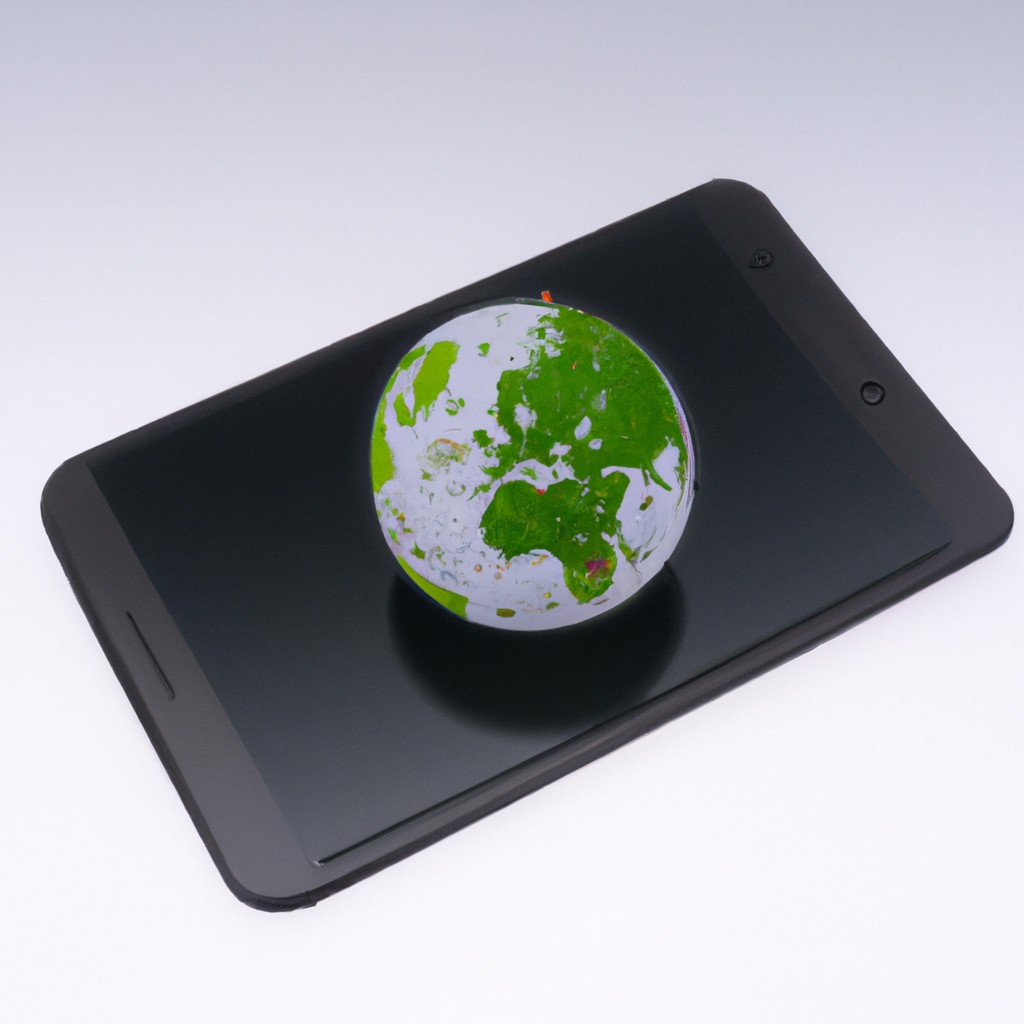
Reducing pollution is crucial for our environment. One effective strategy is to promote public transportation. Encouraging people to use buses, trains, or bikes can decrease the number of cars on the road. Implementing stricter regulations on industries can also significantly reduce air and water pollution. Investing in renewable energy sources like solar and wind power is another impactful way to combat pollution. Additionally, supporting recycling programs and reducing plastic usage can help minimize waste in landfills and oceans. By implementing these strategies collectively, we can work towards a cleaner, healthier planet for future generations.
Read more
pollution

Pollution is a grave issue that harms the environment, jeopardizing human and animal health. It seeps into our air, water, and soils, leaving a trail of destruction. Industrial discharge, vehicle emissions, and improper waste disposal contribute to this problem. The skies turn hazy as toxic particles fill the air, causing respiratory problems and even premature deaths. Pesticides and chemicals contaminate rivers, lakes, and oceans, threatening aquatic life. Land pollution disrupts ecosystems, affecting plants and animals. Increased awareness and action are necessary to combat pollution. Implementing sustainable practices, promoting renewable energy, and adopting efficient waste management can help restore the health and balance of our environment. It's time to take responsibility for our actions and protect our future generations from the perils of pollution.
Read more












